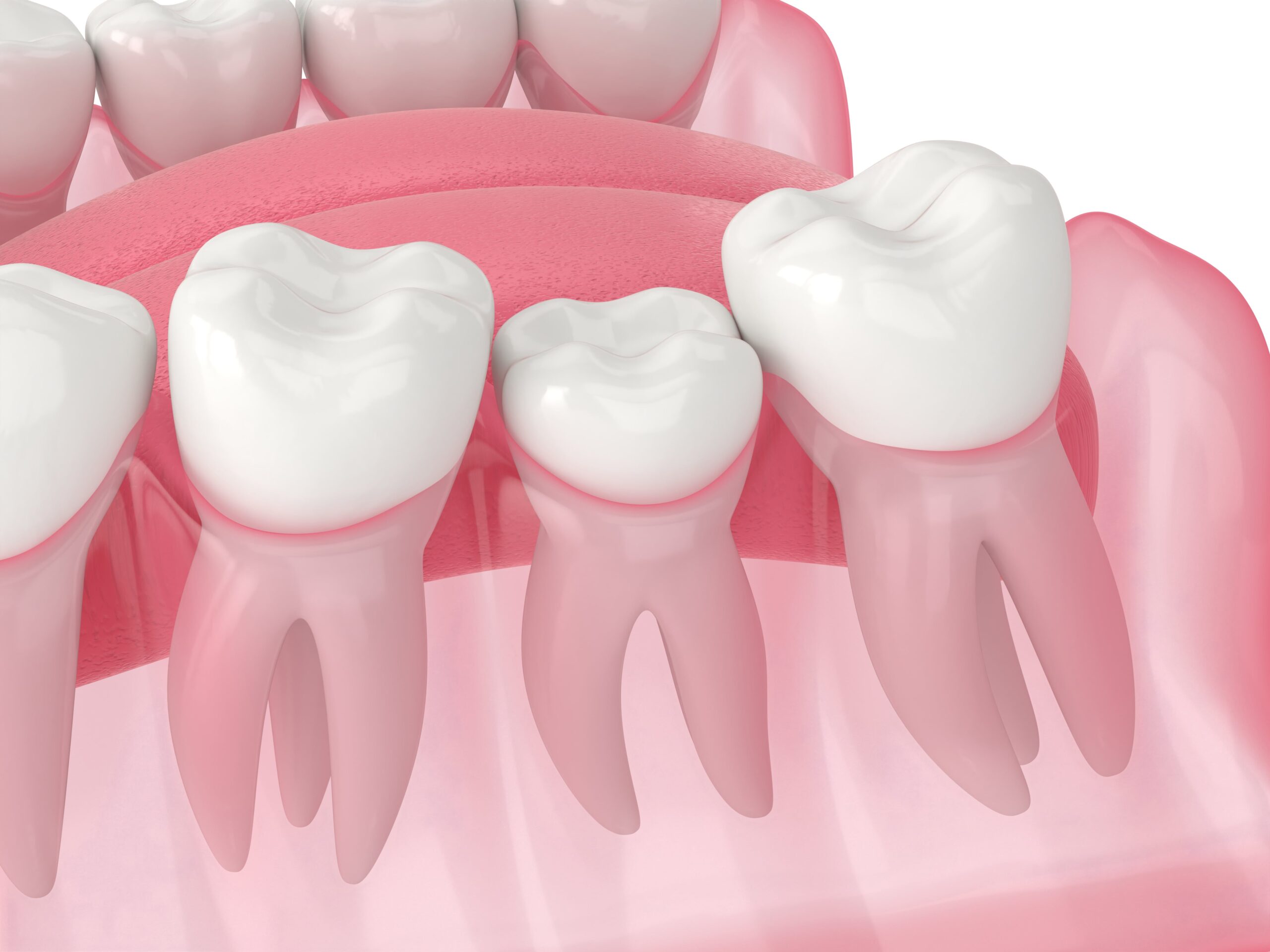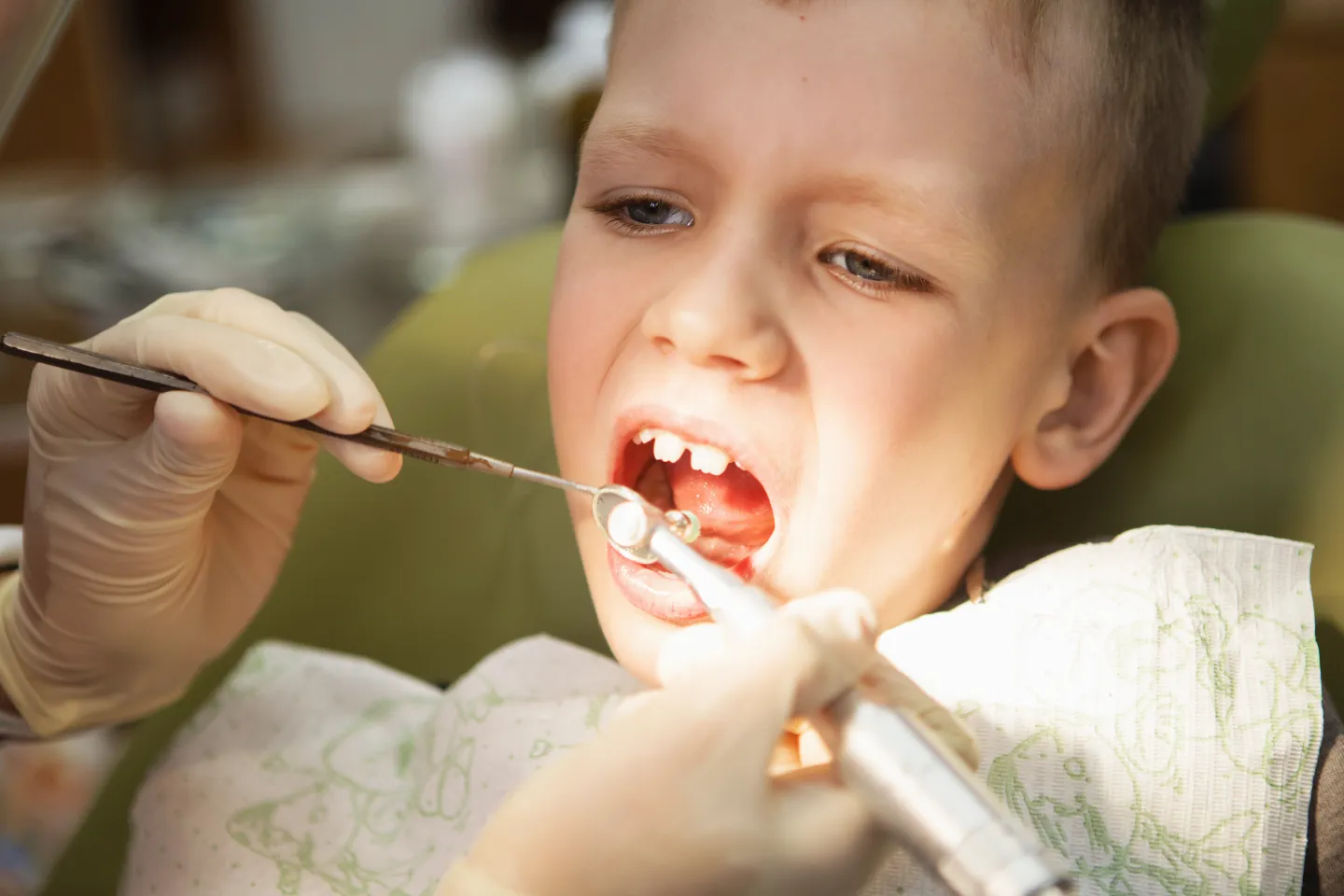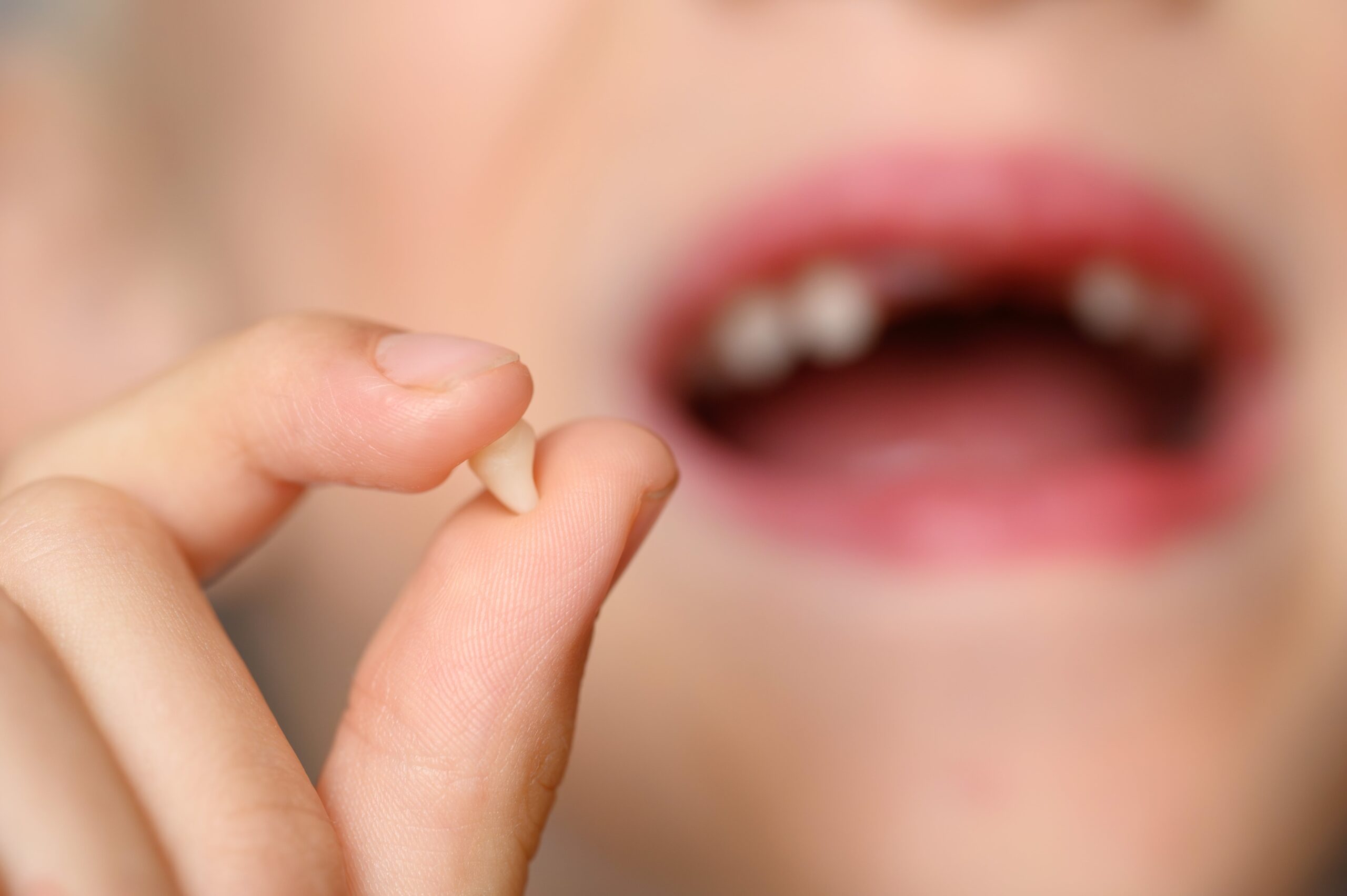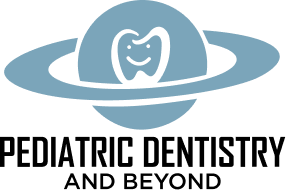According to the International Association of Dental Traumatology, one out of every two children has a dental injury, most typically between the ages of 8 and 12 years. Most tooth and mouth injuries do not endanger life. Injuries to the teeth and mouth can also have a long-term impact on the child’s appearance and self-confidence. The most prevalent causes of oral trauma in children include falls, sports injuries, and fighting. Children can sustain injuries to their mouths and teeth if they happen to fall while having an object in their mouth.
Disloged Teeth:
Teeth can be forced back into their sockets as a result of oral injuries. If your tooth is partially pushed out of its socket, your dentist may reposition and stabilize it. If the pulp stays healthy, no further treatment is required. However, root canal treatment will be necessary if the pulp gets injured or infected. Usually, within a couple of weeks following the injury, the process of root canal treatment is initiated. During this time, a substance like calcium hydroxide is inserted into the tooth for therapeutic purposes. Ultimately, a permanent filling for the root canal will be applied, and the opening will be sealed shut.


Avulsed Teeth :
If an incident causes a tooth to be entirely knocked out of your mouth, it is critical that you receive care immediately! It is crucial to keep the avulsed tooth wet. Replace it in the socket if feasible. If a tooth is kept wet, it can be salvaged. You may also soak the tooth in milk or water (with a teaspoon of salt). Depending on the stage of root growth, root canal therapy may be required. The type of treatment you receive and the effectiveness of the results might be influenced by how long the tooth was out of your mouth and how it was preserved.
Broken, Chipped, Or Fractured Teeth:
Use a warm water rinse after applying a cold compress to your child’s mouth if a piece of a tooth has chipped or broken off. Find the broken piece of the tooth and try to preserve it.
How To Prevent Injury:
You may help your child avoid dental emergencies. To prevent falls, childproof your home. Do not let your child chew on ice, popcorn kernels, or other hard items. Car seats should always be used for younger kids, while seat belts should be used by older children. Wear a mouthguard for your child if he or she participates in contact sports. Inquire about a custom-fitted mouthguard for your child. Finally, keep toothaches at bay by brushing, flossing, and visiting our office on a regular basis.
If your child faces a dental emergency, please reach out to us promptly at Pediatric Dentistry and Beyond. Should urgent treatment be necessary outside of normal hours, our dedicated emergency number is at your service. Rest assured, we are steadfast in our commitment to providing support whenever your child’s dental health is at risk.









Schedule Your Visit!


